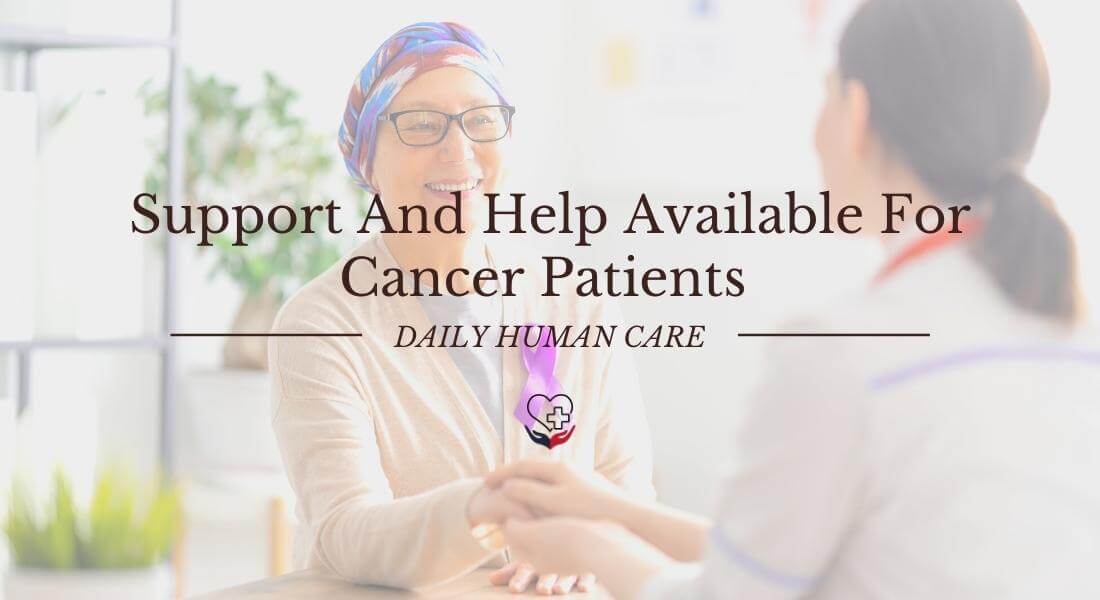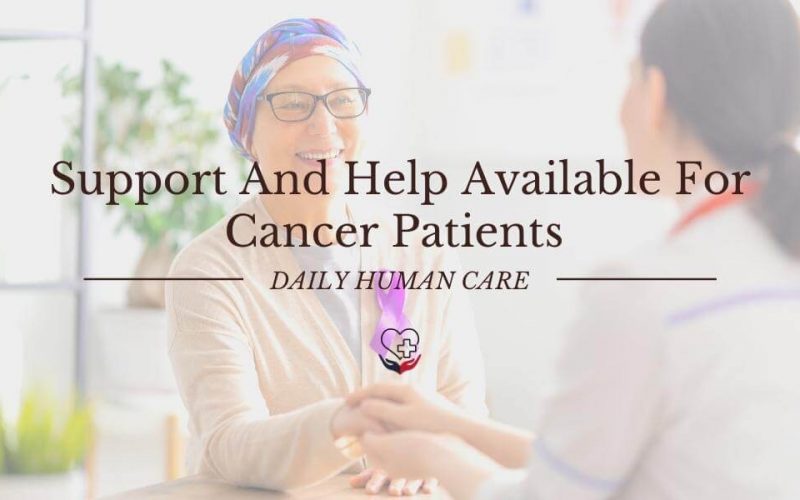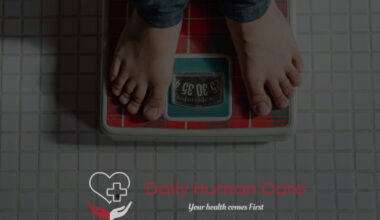Learning about your cancer diagnosis is a harrowing experience. Besides the physical toll it takes on your body, the fear of the unknown, constant worrying, and treatment side effects can severely impact your mental health. It’s common for cancer patients to experience a range of emotions, varying from disbelief and fear to anger and sadness. But the sooner you acknowledge and accept these emotions, the faster you can start working towards an action plan.
Knowing how far cancer has spread and your treatment options can allow you to get your life back in control when everything feels out of hand. Once you’ve come to terms with your diagnosis, you should start asking your doctor the right questions. Make a list of all your questions and concerns and ask your healthcare team to help you get the answers to them. Some questions you might want to consider asking include:
- What kind of cancer do you have?
- Has it spread to other organs?
- Is it treatable?
- What are your chances of surviving it?
- What should you expect during treatment?
According to the National Cancer Institute, around 39.5% of men and women are diagnosed with cancer at some point. But even though cancer is more common than you may think, every patient has a different experience. Fortunately, several kinds of support exist that can cater to cancer patients from varying backgrounds.
Table of Contents
Financial Support
The cost of treatment, medical tests, checkups, and surgical procedures can quickly add up to a significantly large amount. For most people, these medical bills can put a substantial financial burden and become a growing concern if they don’t pay on time. If you are looking for options that better suit your needs, click here to get help.
Alternatively, your case manager or social worker may also provide referrals for financial resources. Several national organizations are working to aid cancer patients by offering specific programs and services. Some of these include:
- Cancer Financial Assistance Coalition (CFAC)
- CancerCare
- Healthwell Foundation
- American Life Fund
- American Cancer Society
Depending on your circumstances and how advanced your cancer is, you may qualify for certain benefits offered by the government. These can assist in alleviating your financial burden by paying off medical bills and taking care of housing costs.
Here is a list of 7 benefits you may be eligible to claim.

Low income or unable to work
Since cancer can quickly deteriorate your health, you may have to quit your job or reduce the number of hours you spend working. Due to this, your income may take a direct hit and leave you without any resources to make your payments. In such cases, you can claim benefits like a social supplemental security income (SSI) that provides a certain income to those with limited wages.
Disabled or advanced cancer
Regardless of your cancer type, you more than likely qualify for social security disability income (SSDI) benefits. Certain malignant cancers automatically make you eligible for this program. And since advanced disease stages can cause severe physical strain on your body, you have a right to claim this benefit. Even if you don’t qualify for this program, you can ask your doctor to conduct a residual functional capacity test. This test proves how cancer and treatment impact your ability to work and help you medically qualify for financial benefits.
Aged or retired
If your cancer isn’t that advanced or hasn’t left you disabled, you may be eligible for benefits paid to people over 65 years old. Retired individuals and those of pension age can receive a certain income to help cover medical bills and treatment costs.
Help with housing and utility costs
The increased routine expenses and loss of steady income can make it challenging for cancer patients to pay off mortgages or rent on time. With a lot on your plate, you don’t need to worry about being kicked out of the house as well. To keep your credit rating from worsening, try talking to your creditor or landlord and help them understand your situation. You can also claim housing benefits that offer to pay off your utility bills or provide low-cost housing programs to keep you from becoming homeless. Your medical team may also connect you to a social worker who may know of special arrangements to ease some of your burdens.
Mesothelioma claim
Certain cancers, like mesothelioma, develop due to environmental exposure to harmful substances such as asbestos. If this exposure happens at a workplace, you can file a mesothelioma claim that makes your employer liable to offer you compensation for your illness. There are various kinds of mesothelioma claims, depending on how advanced your cancer is and how often you got exposed. The payment can significantly contribute to your medical expenses and help compensate for lost wages.
Help with children’s costs
If a cancer patient has children or other dependents, they can seek help from programs that can cover their expenses. Since most of what you make will go into your treatment costs or pay off other household bills, you will still need additional income to cover childcare. Financial aid organizations and cancer foundations assist families who have children under 17 years old. They may help with schooling and lodging and offer to pay off certain utilities so you can focus on your treatment and improve.
Help with caregiver expenses
You may have to hire a caregiver to help you with your medications or provide assistance to carry out routine tasks. Some states offer programs that can directly pay your caregiver and take care of their income for you. As long as you and the caregiver meet the state’s requirements, you’re eligible to claim this benefit.
Community Support
While financial support is critical, it’s not the only support a cancer patient needs. Connecting with other individuals going through a similar experience can provide crucial support and inspiration when you may feel like giving up. Joining a support group also helps you learn about the latest advancements in medicine and new clinical trials you are eligible to attend. Several support groups are available across the country and online, ready to welcome more members and offer them a mutually beneficial relationship.
Conclusion
Finding out you have cancer may throw you off course for a while. But knowing many organizations and people are ready to offer support and help may allow you to find the silver lining. Healthcare costs can quickly become overbearing and extensive, so explore which programs and benefits you’re eligible for and get assistance wherever needed.
DISCLAIMER: This is a sponsored post. Daily Human Care does not endorse and is not responsible or liable for any information, accuracy, quality, advertising, drugs, doctors, goods, or other items on this page because it is a sponsored press release. Before taking any steps, readers should conduct their own research. Daily Human Care (DHC) is not liable for any damage or loss caused or alleged to be caused by or in connection with the use of or reliance on any of the content, goods, or services mentioned in this article, whether directly or indirectly.




